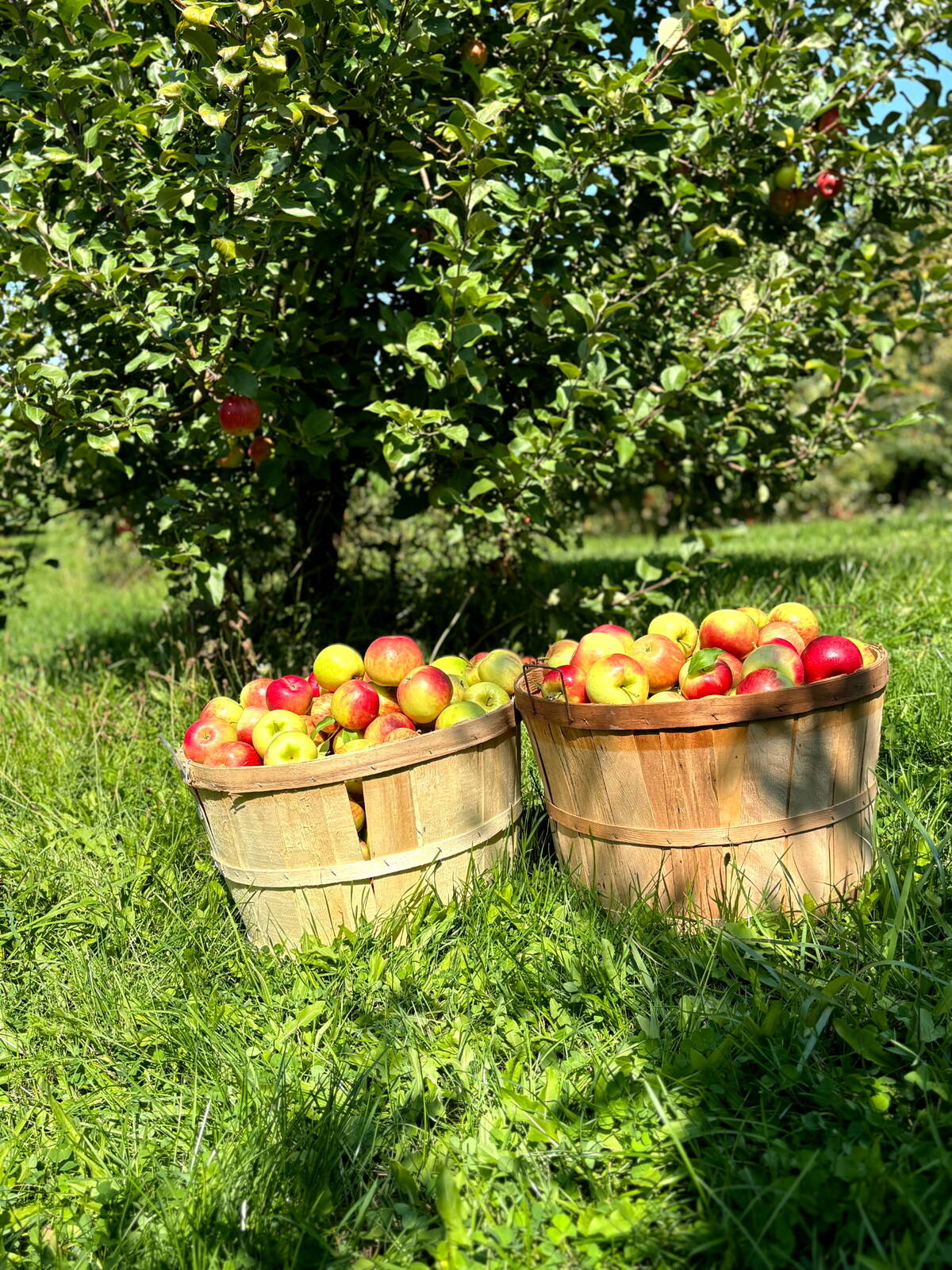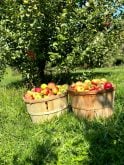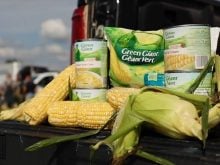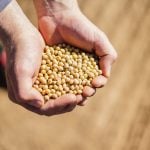We welcome visitors to our small farm in Ontario for a couple of hours each Saturday.
This small foray into agritourism has given us the chance to earn some revenue, tell people who aren’t from farms about agriculture, and to learn from them about society’s vision of the sector that’s so important to most readers of this publication.
Two recent visitors showed clearly that I need to broaden my thinking about the perceptions of some consumers.
Read Also

Farmers taking to social media to spread the word about the cost of farm thefts
A rash of farm thefts in Ontario have left farmers looking for new ways to help customers understand the cost of stealing goods.
A common refrain in the industry is that people are one or two generations removed from the farm. And by farm, we mean a farm that we understand, as it’s the heritage of most farmers on the land today – a respected mixed farm, with a farm family doing the work.
I’m seeing more new Canadians who don’t carry that background. Instead, they have incredibly differing histories with food and those who produce it.
A mother and daughter recently visited our farm, and they are a good example. The daughter had come to Canada from India to complete her education, and her mother was making her first visit to Canada. Friends suggested they visit our farm. The daughter said she had only lived in a large apartment building until she came to Canada. The mother has lived her life in sprawling, urban Mumbai. They were curious and courteous, but one line was interesting to me. We explained that we also had busy off-farm jobs that took up most of our time.
They perked up and said “Ohhh, you’re not just farm people,” and were more engaged after that point.
As someone who’s always had a fair bit of pride in being a ‘farm person’, that was a bit off-putting, but it reminded me about India’s long rural-urban split, underpinned by its caste system, where certain people in society have more status than others.
I’ve also heard stories of Ontario farmers inviting people from India with generations of farming background, watching combines run at the side of a road, to ride around the field with them.
The roots of the other family visiting my farm were in Burundi, the small African country south of Rwanda and sandwiched between the Congo and Tanzania.
The teenagers in this family were like many other Canadian teens, trying to find their way in urban Ontario, with little access to agriculture, perplexed by how my children could survive rural living. The matriarch of the family grew up on a subsistence mixed farm, where nothing was wasted.
“No one would farm if they didn’t have to,” she said of her childhood. However, she continues to grow African vegetables beside her city home and wanted a tour of my vegetable gardens. She was perplexed about why I hadn’t harvested my onions, and they were just lying on the ground (the answer was partially that I was letting them dry and partially that I hadn’t had time).
She valued her food in a way that few Canadians do.
Diverse immigration isn’t new to Canada, but these two experiences had me thinking that as more new Canadians arrive from around the world, especially from India and Africa, the communications to consumers from farms need to consider a more complex set of embedded emotions around food than we’re used to considering.













